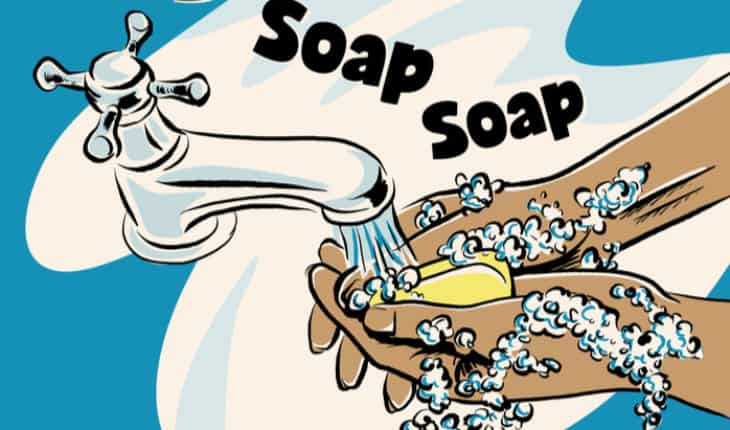More than half of adolescents practice poor hand hygiene: Only one in three adolescents are practising appropriate hand hygiene, a new global study involving University of Queensland researchers has found.
Dr Yaqoot Fatima from UQ’s Institute for Social Science Research said there was a renewed emphasis on adequate hand hygiene with COVID-19.
“We used data from the Global School-based Student Health Survey from 92 countries across the six WHO regions to examine the prevalence and correlation of hand hygiene practices in adolescents worldwide,” Dr Fatima said.
“Our results highlight that globally, adolescents practice suboptimal hand hygiene.
“Adolescents who reported unhealthy behaviours such as being more sedentary, smoking, and experiencing bullying victimisation at school were more likely to practice inappropriate hand hygiene than their counterparts.
“In comparison, parental support and bonding emerged as a key factor associated with adequate hand hygiene practices in adolescents.”
The researchers examined 354,422 adolescents aged 13–17 years to demonstrate the considerable cross-country variations in hand hygiene practices.
Dr Fatima said that although access to soap and water was an issue, around 60 per cent of adolescents were not practising appropriate hand hygiene even when they had access to water and soap.
“While access to handwashing facilities and knowledge of proper hygiene is important for practising adequate hand hygiene, the study showed that the knowledge-behaviour gap is a major reason for sub-optimal hand hygiene practices,” Dr Fatima said.
“Bullying prevention at school, systematic integration of health and hygiene education in the school curriculum and peer-led behaviour change initiatives could be strategies to reduce inappropriate hand hygiene practices in adolescents.
“The positive role of parent support and bonding suggests that interventions aiming to improve adolescent hand hygiene should focus on parents as the key stakeholders and seek their active involvement in designing and delivering those interventions.”
The study also involved Associate Professor Abdullah Mamun and Md. Mehedi Hasan from UQ’s Institute for Social Science Research.
This research is published in the International Journal of Environmental Research and Public Health (DOI: 10.3390/ijerph18094984).
- Gut microbiome could delay onset of type 1 diabetes - 3rd April 2025
- The da Vinci 5 Robot Is Set To Transform Bariatric Care: - 31st March 2025
- Beyond money: the hidden drivers fuelling child food insecurity - 31st March 2025






